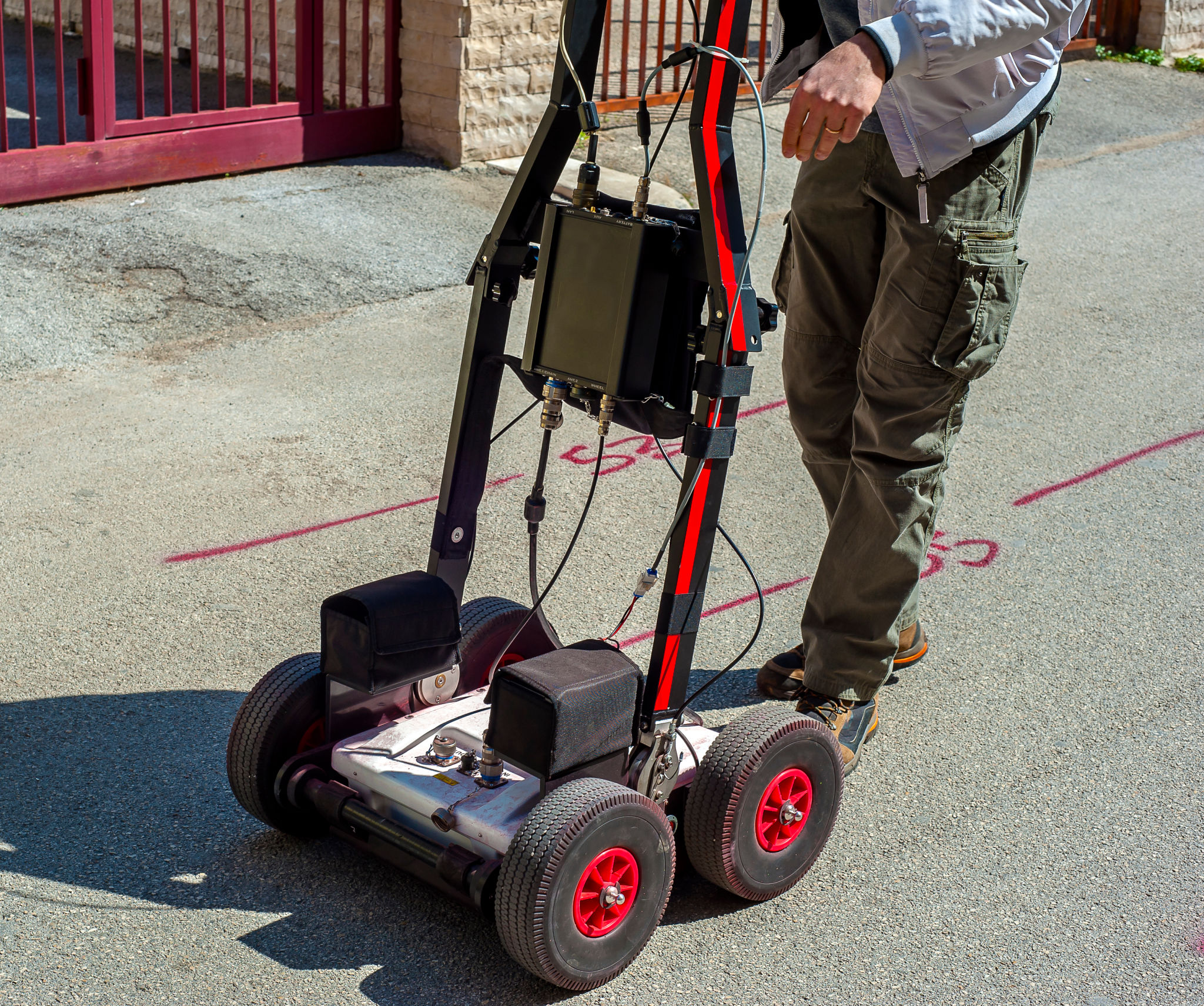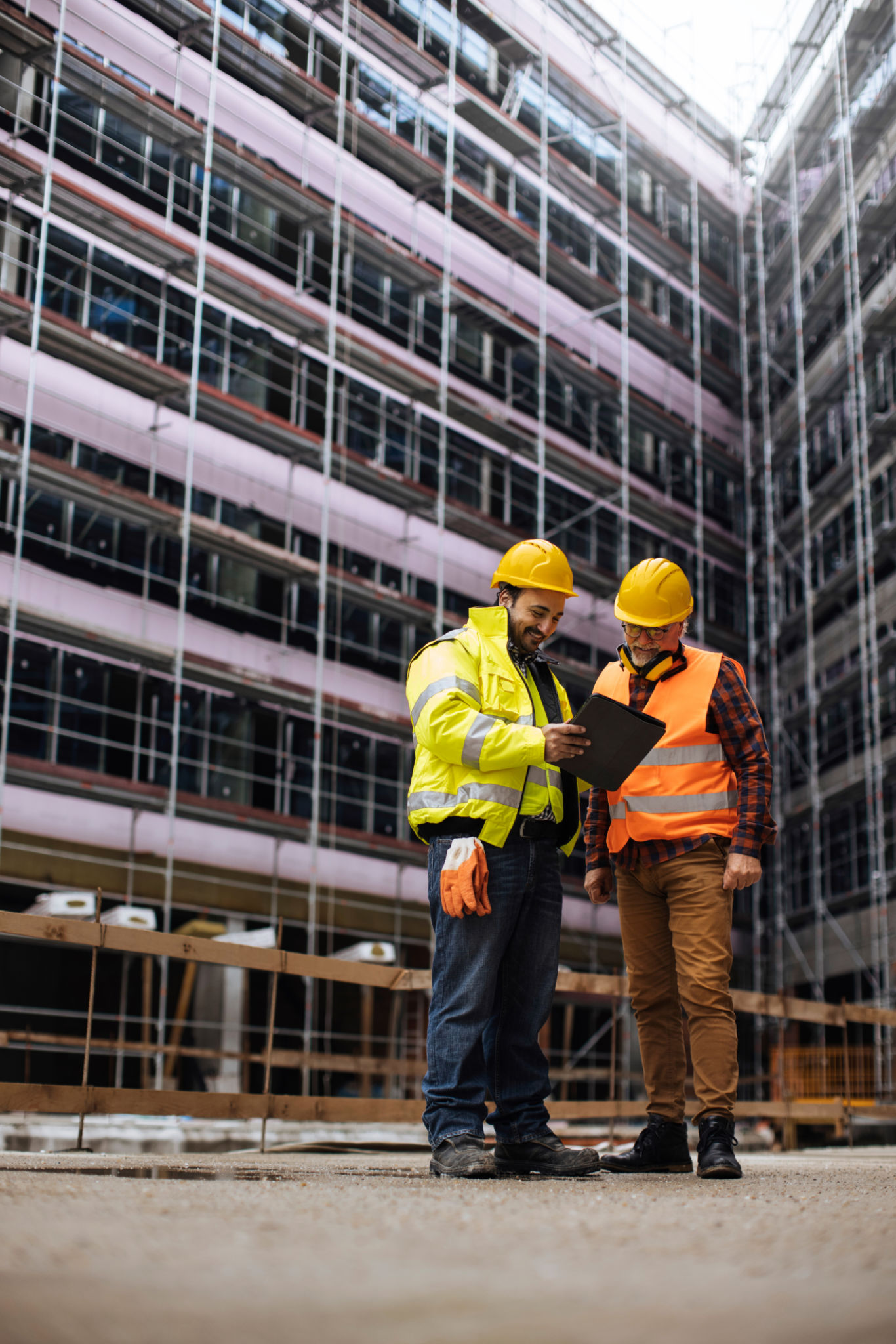Understanding Advanced GPR Technology for Concrete Scanning in the UAE
Understanding GPR Technology
Ground Penetrating Radar (GPR) technology has become an essential tool in the construction and engineering sectors, particularly in regions like the UAE where infrastructure development is rapidly progressing. By providing a non-invasive method to inspect and analyze subsurface features, GPR offers significant advantages over traditional scanning methods.
In essence, GPR technology uses radar pulses to image the subsurface. This advanced technique is crucial for detecting utilities, voids, and other potential anomalies within concrete structures. As urban development intensifies, the need for precise and reliable scanning solutions is more critical than ever.

The Importance of Concrete Scanning
Concrete scanning is vital in construction and renovation projects to ensure safety and efficiency. In the UAE, where skyscrapers and complex structures are prevalent, avoiding damage to existing utilities is crucial. GPR technology aids in achieving this by providing accurate imaging of embedded objects without any physical interference.
Moreover, concrete scanning mitigates risks associated with drilling or cutting into unknown areas. It helps identify rebar, post-tension cables, and electrical conduits, allowing engineers and contractors to plan more effectively and avoid costly mistakes.

Advantages of Advanced GPR Systems
The advancements in GPR technology have led to enhanced imaging capabilities and data accuracy. Modern GPR systems offer high-resolution images that can be analyzed in real-time, facilitating quick decision-making on-site. This agility is particularly beneficial in fast-paced environments like those found in the UAE's construction industry.
Some key advantages of advanced GPR systems include:
- Non-destructive testing: GPR provides a non-invasive way to scan without damaging existing structures.
- Real-time data: Enables immediate analysis and adjustments during construction activities.
- Increased depth penetration: Advanced systems can scan deeper than older models, offering more comprehensive data.

Applications in the UAE
The UAE presents a unique environment for the application of GPR technology due to its ambitious construction projects and diverse infrastructure needs. From the towering skyscrapers of Dubai to the sprawling developments in Abu Dhabi, GPR plays a crucial role in ensuring these projects are executed safely and efficiently.
In addition to new constructions, GPR is also instrumental in the maintenance and upgrade of existing infrastructures. It allows engineers to assess the condition of older buildings and plan necessary renovations without unforeseen interruptions.

Choosing the Right GPR Solution
Selecting the appropriate GPR system for a project requires understanding specific needs and conditions. Factors such as the type of material being scanned, depth requirements, and resolution preferences play a significant role in determining the most suitable technology. Consulting with experienced professionals can provide valuable insights into making the right choice.
Furthermore, training personnel in using these sophisticated systems ensures that the data collected is reliable and accurately interpreted. This combination of advanced technology and skilled operators leads to optimal outcomes for construction projects across the region.
The Future of GPR Technology
As technology continues to evolve, so too will GPR systems. Future advancements are expected to offer even greater precision and efficiency, further integrating with other digital solutions like Building Information Modeling (BIM). The potential for innovation in this field is vast, promising exciting developments for the construction industry globally and within the UAE.
Ultimately, understanding and utilizing advanced GPR technology is not just about keeping pace with current trends but also about setting new standards in safety and innovation. As more projects harness these capabilities, the UAE will continue to solidify its reputation as a leader in modern infrastructure development.
